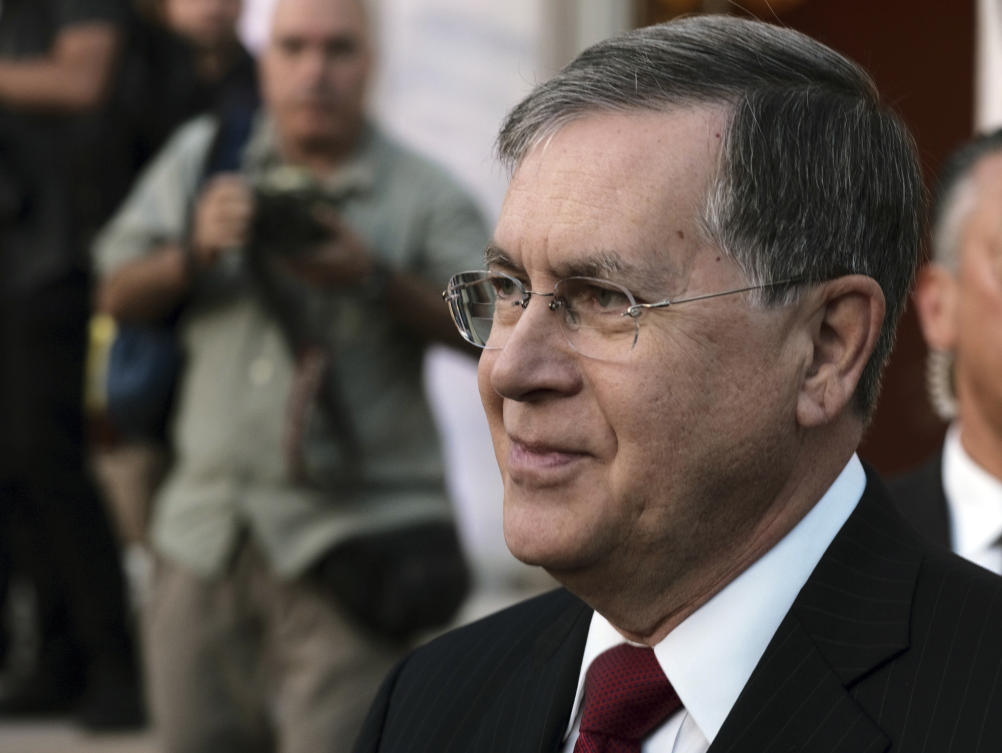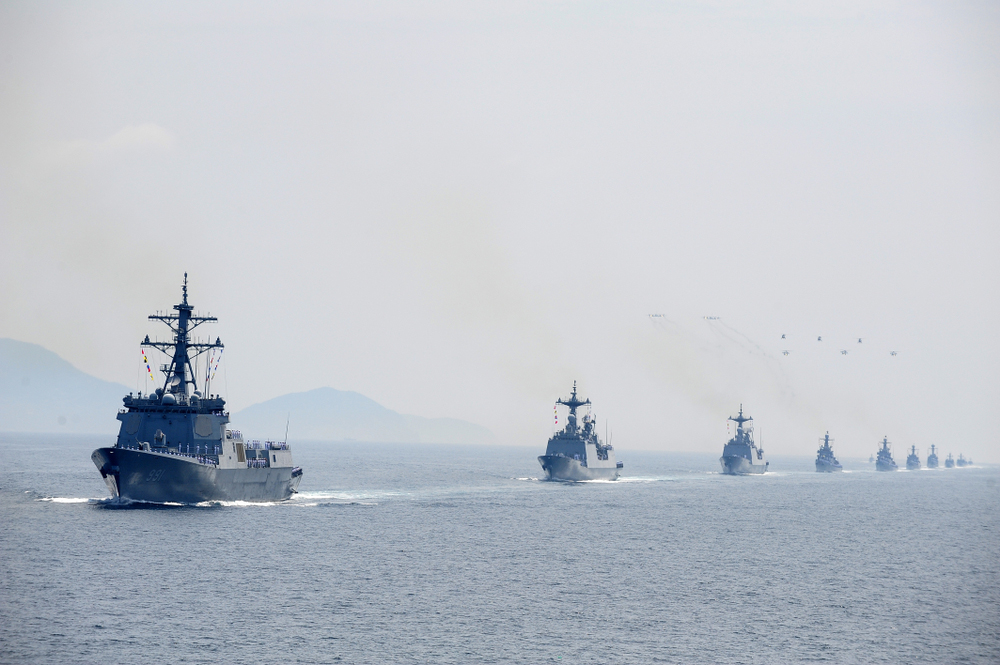US ambassador arrives in Turkey as Russian weapons system is delivered
ANKARA: At a critical junction in bilateral relations, the new US ambassador to Turkey, David Satterfield, arrived in Ankara on Wednesday just as S-400 Russian air defense systems were delivered to Turkey.
The American diplomat will now look to bring US-Turkey relations back on track, defusing complicated bilateral issues in Syria and derailing Russian-Turkish military cooperation.
The 65 year old envoy served as acting assistant secretary of state for Near Eastern Affairs from 2017.
During George W. Bush’s presidency, he was the coordinator for Iraq and senior adviser to the secretary of state between 2006-2009.
As a fluent Arabic speaker, Satterfield also held top positions at US missions in Syria, Saudi Arabia, Egypt and Lebanon.
The ambassadorial post has been vacant since October 2017, mainly due to a visa crisis between Washington and Ankara, as well as Turkey’s imprisonment of American Pastor Andrew Brunson on charges of terror propaganda.
Ali Cinar, a US-based foreign policy expert, said that having a US Ambassador in Ankara again is a positive step in the US-Turkey relations.
“The process of nominating an ambassador in the US is long and complicated. During Trump’s presidency, there have been a number of ambassador vacancies around the world, including Turkey. Despite the tension between two NATO allies, Ambassador Satterfield was able to be confirmed,” Cinar said.
According to Cinar, Ambassador Satterfield’s posting comes at a critical time, but his diplomatic skills should help to reconcile the troubled relationship.
“Turkey now has a direct channel through Ambassador Satterfield. Syria and the eastern Mediterranean crisis are the two issues that US and Turkey are facing,” he said.
Washington recently voiced concern over Ankara’s gas exploration activities in the Mediterranean Sea and called on the Turkish government to stop offshore drilling operations.
Ozgur Unluhisarcikli, Ankara office director of German Marshall Fund of the United States, thinks that despite Satterfield’s extensive experience, all he can be expected to do is to contain the potential damage that may be inflicted on the US-Turkey relationship in the near future and perhaps save it from total collapse.
The first batch of S-400 systems started to arrive at Mürted Air Base in Ankara on Friday. However, the US Department of Defense recently announced that it will remove Turkey from the F-35 joint strike fighter program — the most sensitive US aircraft — if Ankara accepts the Russian S-400s.
Acting US Defense Secretary Mark Esper recently met with his Turkish counterpart, Defense Minister Hulusi Akar, during a meeting of NATO defense ministers. Esper emphasized that Turkey will not receive the F-35 if it moves ahead with its S-400 purchase plan.
If enacted, the Countering America’s Adversaries Through Sanctions Act is expected to have a devastating effect on the Turkish economy and defense sector. The act will deny visas for Turkish officials or executives, freeze their assets in the US and block money transfers.
Unluhisarcikli noted that there has not been any significant convergence between the two allies in north-east Syria.
“The conflict between Turkey and the Republic of Cyprus, which Turkey doesn’t recognize, over the exploitation of the energy resources off the coast of Cyprus is a growing source of tension in the US-Turkey relationship,” he said.
Turkey has significantly reduced oil imports from its neighbors after US waivers expired in early May.
“While Turkey is complying with the Iran sanctions, it would likely not cooperate with the US in case there is armed conflict, which could add to the frustration in Washington,” Unluhisarcikli said.

Turkey begins second wave of operations against PKK in IraqRussia delivers more S-400 air defense equipment to Turkey




